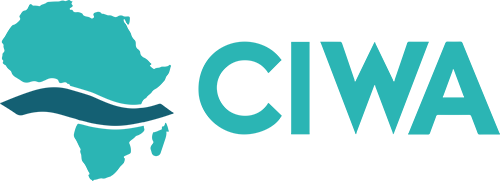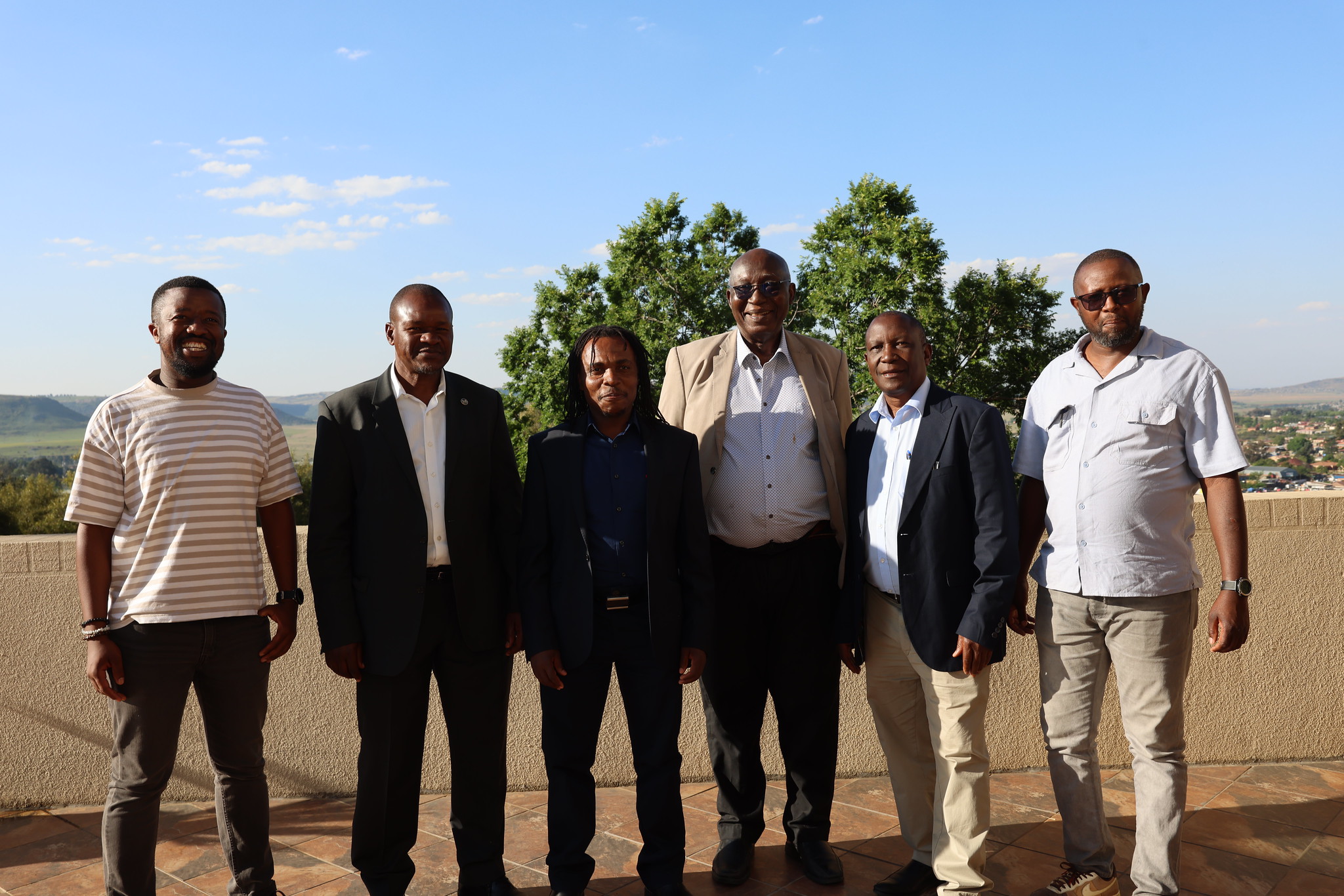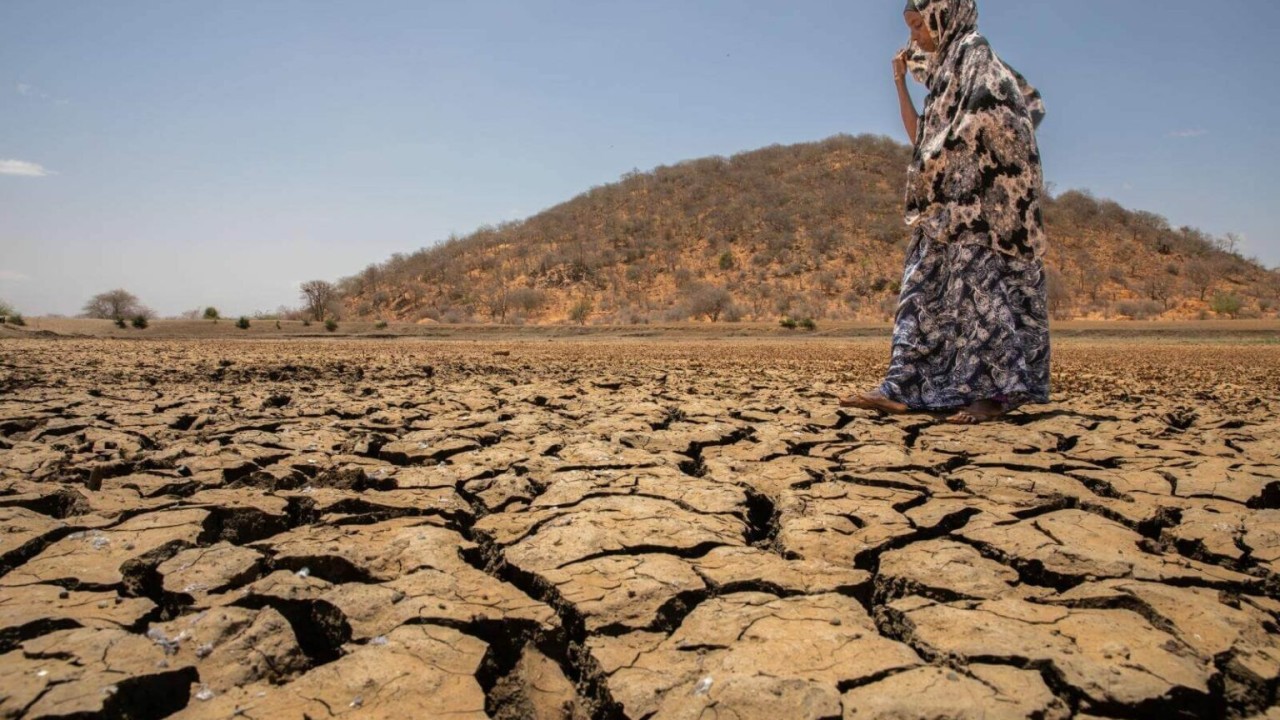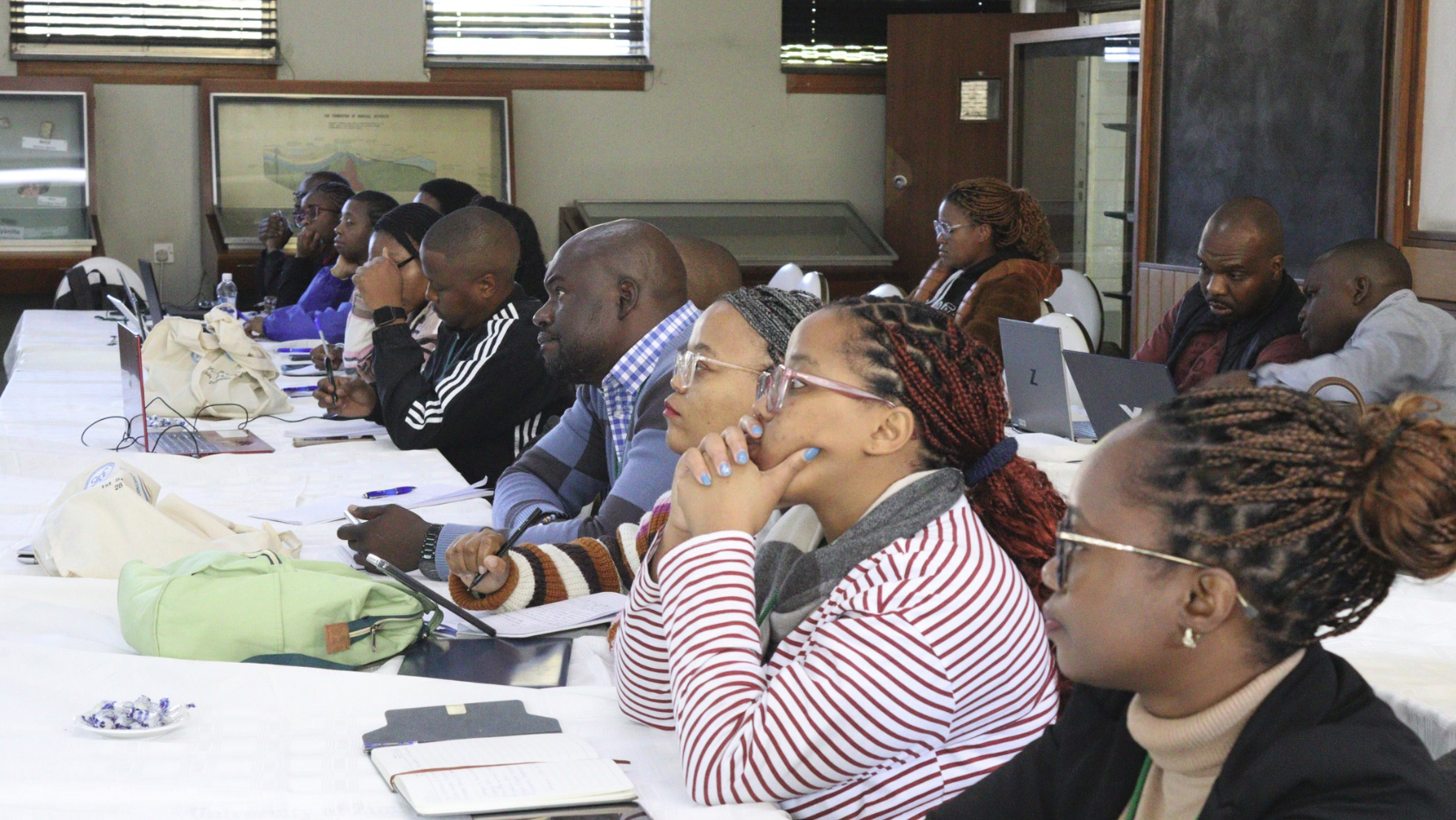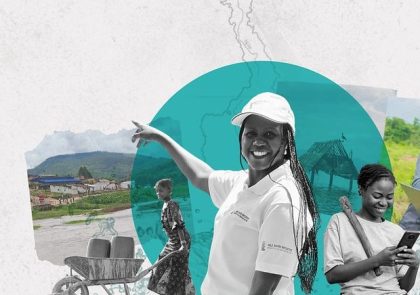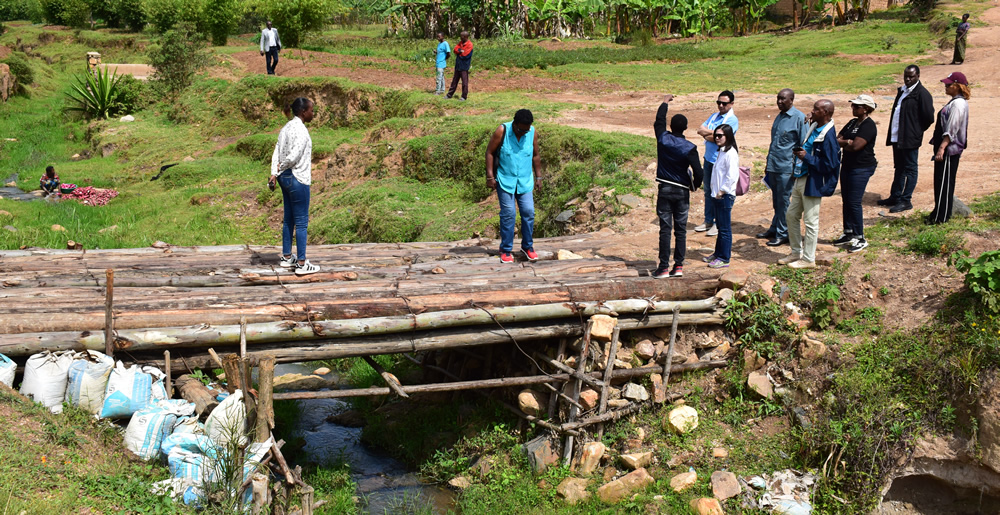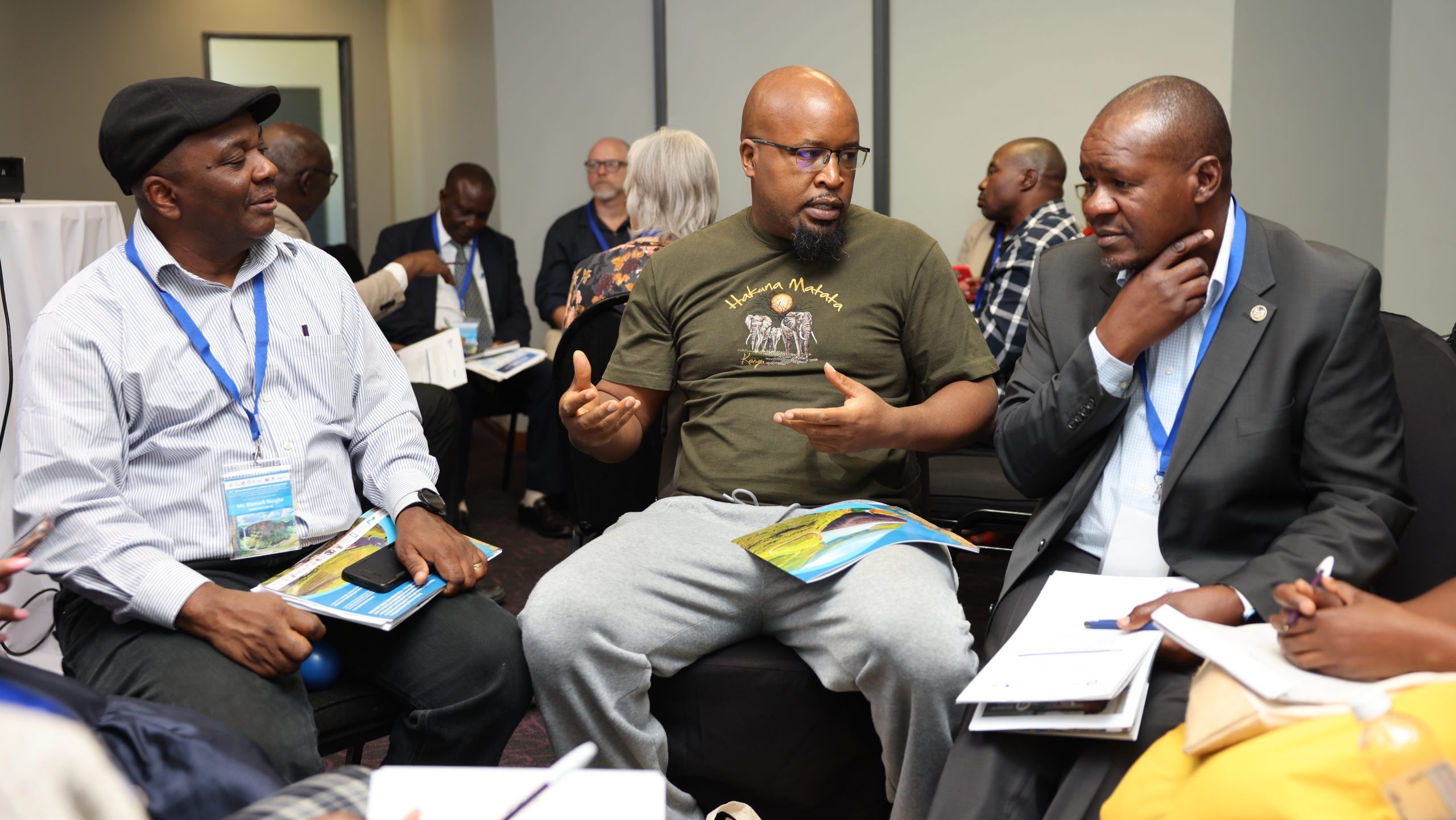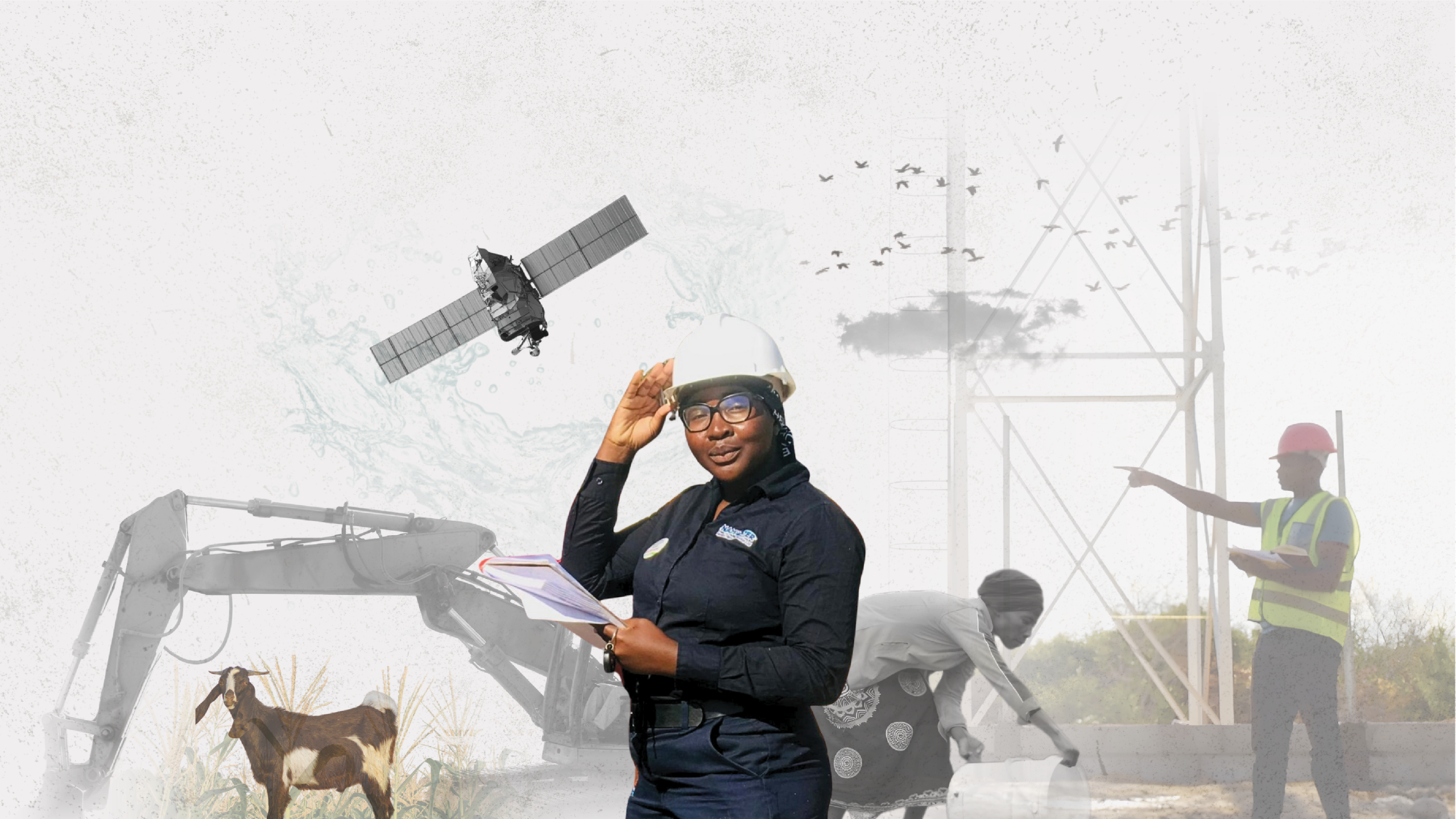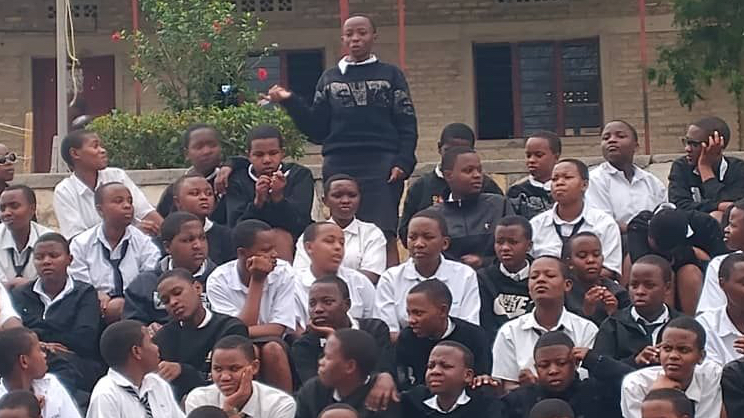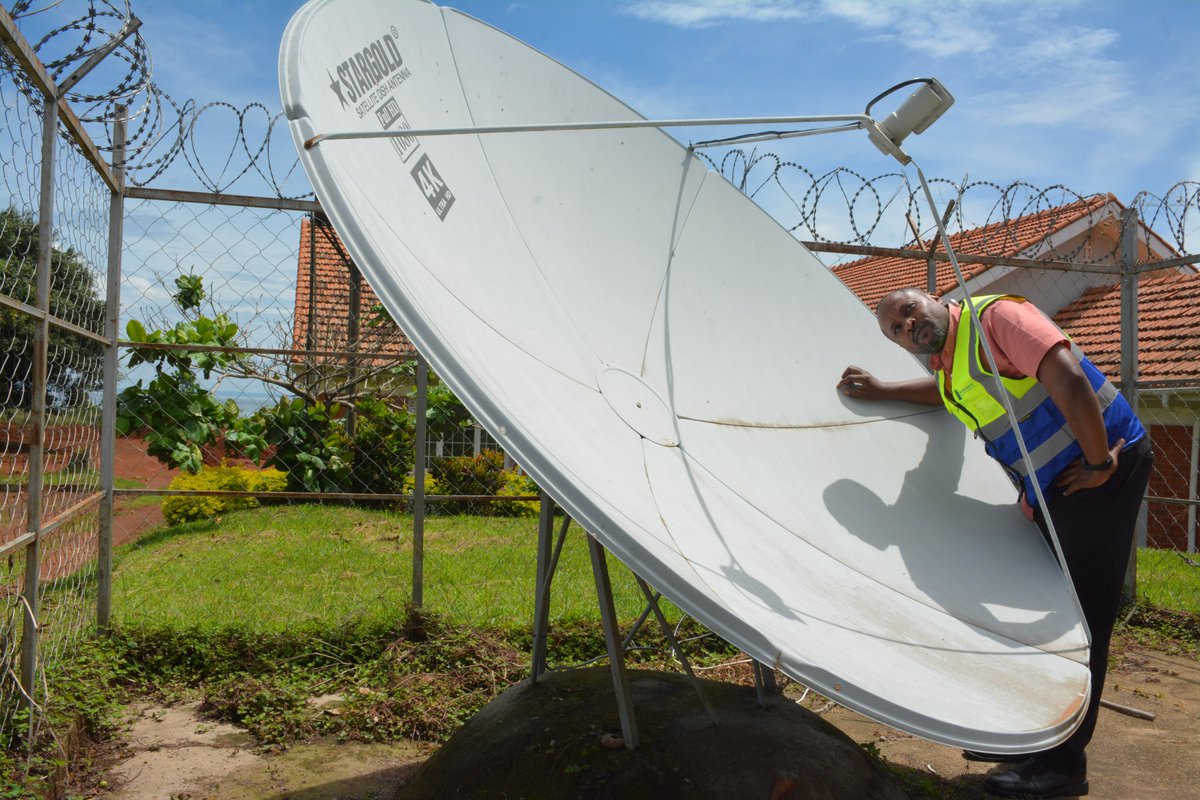How to spur male leaders to empower women in water institutions
Posted in : Blog on 3 March 2026
The Male Champions for Women’s Empowerment, supported by the World Bank’s Cooperation in International Waters in Africa (CIWA) program, is a unique initiative that promotes a culture of transformative change, learning, and iterative adjustments to position women in strategic roles across institutions.
What Happens Underground When the Rains Fail: Climate Change and Groundwater in the Horn of Africa
Posted in : Blog on 1 March 2026
We have spent decades talking about drought in the Horn of Africa in terms of what we can see: dried riverbeds, dead livestock, cracked soil. It is time to talk about what is happening below the surface. The Horn of Africa is in the middle of one of the most dramatic long-term shifts in its […]
Becoming a Leader: Ilca Nhandamo’s Journey in Water Resources Management
Posted in : Blog on 25 February 2026
Ilca Nhandamo is a Master’s graduate in Engineering and Water Resources Management from Zambezi University in Mozambique. Today, Ilca is applying her skills to advance sustainable groundwater management across Southern Africa.
Milly Mbuliro: Protecting the Nile Basin from the fury of flash floods
Posted in : A View From The Field on 9 February 2026
Milly Mbuliro sees the impact of floods during her field work travels throughout Nile Basin countries for her job, which includes serving as the coordinator for the NELSAP transboundary component of the CIWA funded Regional Climate Resilience Project.
Rwanda: Empowering Communities for Climate Resilience in Makera Watershed
Posted in : Blog on 2 February 2026
A new program – NCSCR – was created in 2025 by CIWA in partnership with the civil society organization Nile Basin Discourse: for water resources management to be effective, genuine community engagement is essential.
Why Male Allyship Still Matters in 2026: Inside CIWA’s Gender Training
Posted in : Blog on 29 January 2026
January 2026: First CIWA Male Champions training of the year, designed and facilitated to enable Male Champions to learn about gender equality concepts and practices and be introduced to the approach and expectations of the initiative.
Water Resources: The Lifeblood of Sub-Saharan Africa’s Resilience and Growth
Posted in : Blog on 15 December 2025
When waters cross borders, solutions must too. Explore the new CIWA Program Annual Report and see how cooperation is driving climate-resilient water management across Africa.
Inspiring Rwandan girls to transform water challenges into careers
Posted in : Blog on 22 November 2025
Led by NELSAP-CU and funded by the CIWA Program, a unique outreach campaign began in early June 2025, making waves in Rwanda’s secondary schools.
Building Climate Resilience in the Nile Basin: NBI’s Contribution Ahead of COP30
Posted in : Blog on 8 November 2025
As the world gathers for COP30, the Nile Basin stands as strong evidence of how regional cooperation can build climate resilience in shared water systems.
The Water Data Revolution: Transforming Transboundary Water Management in Africa
Posted in : Blog on 3 June 2025
Quality of monitoring networks to collecting water data has declined, and investment in infrastructure and training has been insufficient. Remote sensing technologies have emerged as powerful tools to address these challenges.
